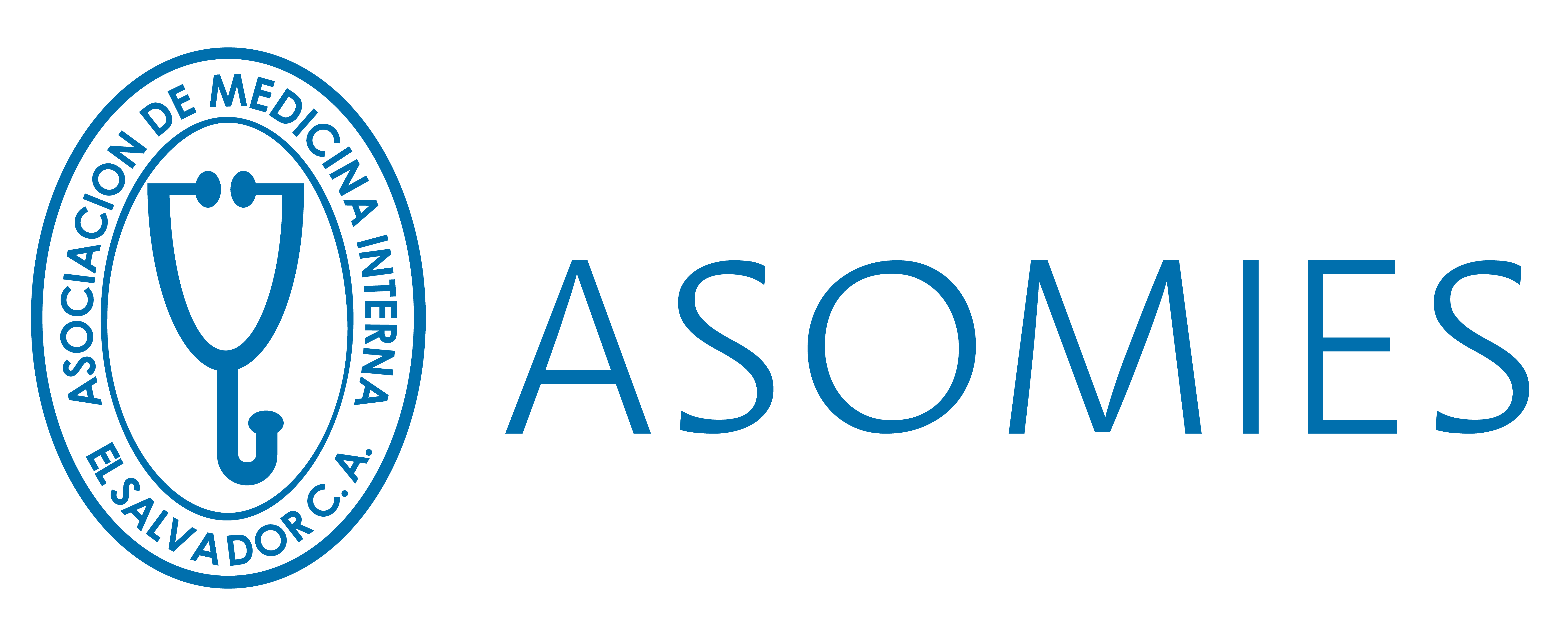Information sourced from PubMed:
J Emerg Med. 2015 Feb;48(2):137-42. Epub 2014 Nov 4.
[PubMed® abstract]
Intracranial bleeds after minor and minimal head injury in patients on warfarin.
Alrajhi KN, Perry JJ, Forster AJ.
Abstract
BACKGROUND: There is little evidence to guide physicians on management of patients who sustain head injuries while on warfarin.
OBJECTIVES: Our objective was to determine the rate of intracranial bleeding in anticoagulated patients with minor and minimal head injuries and the association with clinical features and international normalized ratio (INR).
METHODS: We conducted a historical cohort study of adult patients, taking warfarin, at two tertiary care emergency departments over 2 years with minor (Glasgow Coma Score 13-15, with loss of consciousness, amnesia, or confusion) or minimal (Glasgow Coma Score 15 without loss of consciousness, amnesia, or confusion) head injuries. Patients with penetrating injuries, INR < 1.5, or a new focal neurological deficit were excluded. Our outcome, intracranial bleeding, was determined by the radiologist’s final computed tomography (CT) report for imaging performed within 2 weeks.
RESULTS: There were 176 patients enrolled, of which 157 (89.2%) had CT and 28 (15.9%) had intracranial bleeding. Comparing patients with and without intracranial bleeding found no significant differences in INR, and loss of consciousness was associated with higher rate of intracranial bleeding. The rate of intracranial bleeding in the minor and minimal head injury groups was 21.9% and 4.8%, respectively.
CONCLUSIONS: The rate of intracranial bleeding in patients on warfarin is considerable. Loss of consciousness is associated with high rates of intracranial bleeding. This study supports a low threshold for ordering CT scans for anticoagulated patients with head injuries.
Copyright © 2015 Elsevier Inc. All rights reserved.
The above message comes from PubMed, who is solely responsible for its content.
You have received this email because you requested follow-up information to an Epocrates DocAlert® message. For more information about Epocrates, please click here.
For questions, feedback, or suggestions regarding Epocrates DocAlert® messages, please contact the Medical Information Team at docalert@epocrates.com.
Publicado en Actividades Académicas, Actualización medica, actualizaciones, Curso de Educación Continua, Neurologia |


